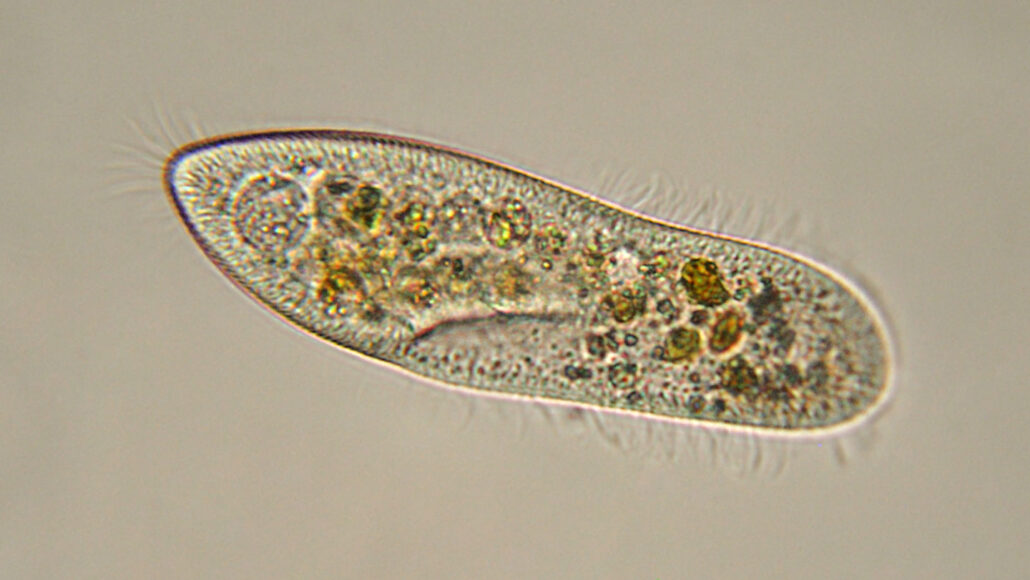
Life
Scientists Say: Protist
Unified by a few key traits, these diverse organisms come in all shapes and sizes.
Come explore with us!

Unified by a few key traits, these diverse organisms come in all shapes and sizes.
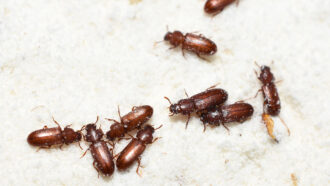
Red flour beetles can survive in very dry environments. New research shows how the beetles can suck water from the air using their rear ends.

The tiny plastic bits give these germs safe havens. That protection seems to increase as the plastic ages and breaks into ever smaller pieces.

Long, thin bacteria that conduct electricity may be able to help clean up oil spills and reduce emissions of methane, a powerful greenhouse gas.
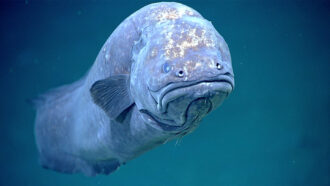
TMAO’s water-wrangling ability protects a critter’s critical proteins — including muscle — from crushing under deep ocean pressures.

Svante Pääbo figured out how to examine the genetic material from these hominid ‘cousins’ of modern humans.
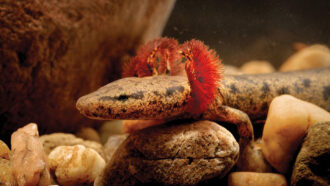
The genomes of salamanders are bloated with genetic “parasites.” That extra DNA slows down their lives and strands them in perpetual childhood.
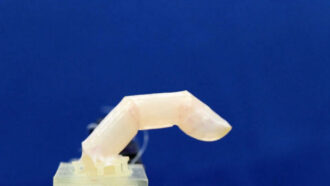
The advance brings super realistic cyborgs one small step closer to reality.

The two types of leaves grow at different heights in trees at dry versus wet areas. They may help redwoods adapt to climate change.

The world’s most abundant natural polymer is finding all kinds of new uses, in everything from ice cream to construction.